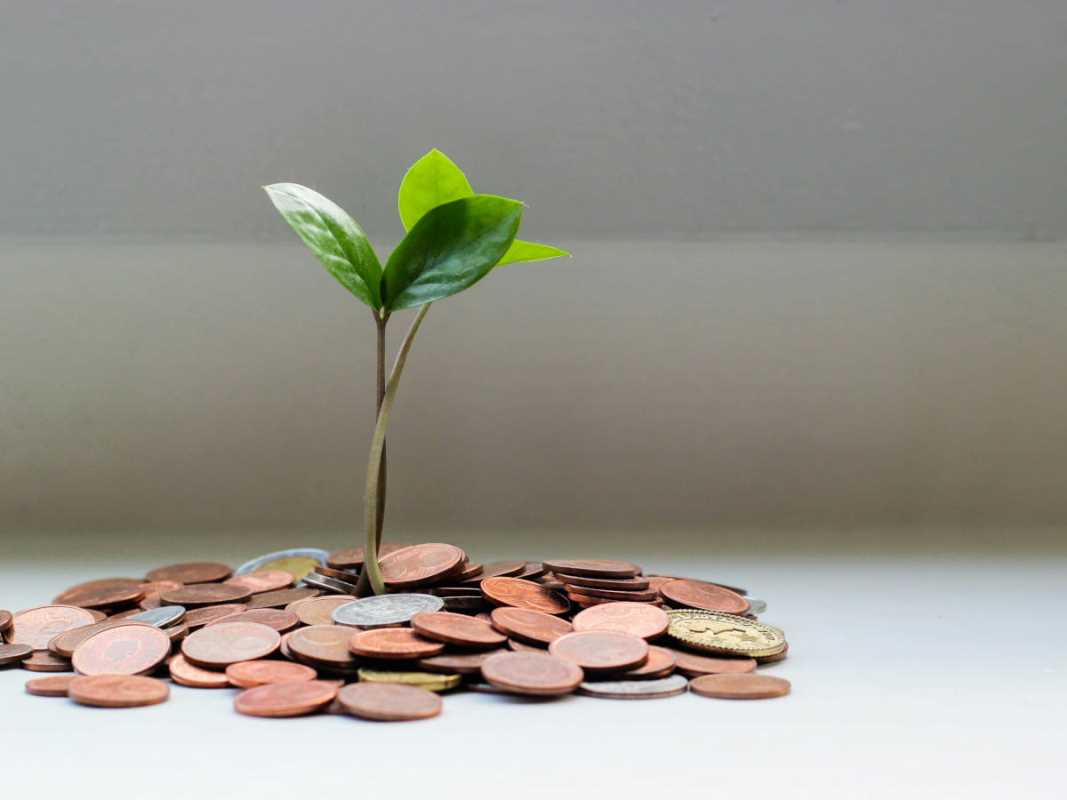The global shift toward sustainability is creating a powerful wave of new job opportunities. Careers focused on environmental protection, renewable energy, and conservation are expanding rapidly, offering meaningful work that aligns with a passion for the planet. This growth is not just a trend; it's a fundamental change in our economy. We’ve got you covered with a guide to some of the most promising and fastest-growing careers in the green sector. This article will explore specific roles, what they involve, and why they are becoming so essential, helping you navigate your path in this exciting and impactful field.
The Green Economy's Expansion
The green economy is the part of our economic system focused on sustainable practices and environmental well-being. It includes industries like renewable energy, sustainable agriculture, energy efficiency, and waste management. A worldwide focus on combating climate change and conserving natural resources is driving massive investment and innovation in these areas. Governments and private companies are dedicating significant resources to sustainable initiatives, which in turn fuels the demand for skilled professionals. This has created a robust job market for individuals looking to build a career that makes a tangible, positive difference in the world.
Top Growing Careers in the Green Sector
Several roles stand out for their exceptional growth potential and impact. These careers span various fields, from science and engineering to policy and data analysis, offering diverse opportunities for different skill sets. Let’s explore some of the most dynamic green career paths available today.
Solar and Wind Turbine Technicians
The move toward renewable energy sources is at the heart of the green transition. Solar photovoltaic installers and wind turbine technicians are the hands-on professionals making this shift a reality. Their work is essential to building and maintaining our clean energy infrastructure.
- What they do: Solar panel installers, or PV installers, assemble and maintain solar panels on rooftops and other structures. Wind turbine technicians install, inspect, maintain, and repair wind turbines. Both roles require technical skills, a comfort with heights, and the ability to work outdoors in various conditions.
- Why they're growing: The demand for clean energy is surging globally. As solar and wind farms expand, the need for skilled technicians to install and service them grows in parallel. These roles are among the fastest-growing occupations in the entire job market, offering stable and long-term employment.
Environmental Scientists and Specialists
Protecting our natural ecosystems requires a deep understanding of environmental processes. Environmental scientists and specialists use their scientific knowledge to monitor the environment, identify problems, and develop solutions.
- What they do: These professionals collect and analyze data from the air, water, and soil to assess pollution levels and environmental health. They advise government agencies and private companies on environmental policies and standards for cleanup and conservation. Their work might involve field research, lab analysis, and report writing.
- Why they're growing: Growing public awareness and stricter government regulations regarding environmental protection have increased the demand for these experts. They play a critical role in ensuring that development projects and industrial activities comply with environmental laws and do not harm natural habitats.
Sustainability Specialists
Businesses are increasingly recognizing that sustainable practices are not just good for the planet but also for their bottom line. Sustainability specialists help organizations operate in a more environmentally and socially responsible way.
- What they do: A sustainability specialist, sometimes called a sustainability consultant, analyzes a company's operations to find ways to reduce its environmental impact. This could involve improving energy efficiency, minimizing waste, or sourcing materials sustainably. They develop and implement sustainability strategies and report on their progress.
- Why they're growing: Consumers and investors are putting more pressure on companies to be environmentally responsible. This has made sustainability a key business priority. Companies across all sectors, from manufacturing to retail, are hiring these specialists to improve their green credentials and operational efficiency.
Data Analysts in the Green Sector
Data is a powerful tool in the fight against climate change. Data analysts with a focus on sustainability help organizations make sense of complex environmental information, turning raw data into actionable insights.
- What they do: These analysts collect and interpret data related to energy consumption, carbon emissions, water usage, and supply chain impacts. They use this information to identify trends, measure the effectiveness of green initiatives, and help leaders make informed, data-driven decisions about their sustainability goals.
- Why they're growing: The ability to measure and track environmental impact is crucial for progress. As more companies set ambitious sustainability targets, the need for professionals who can manage and analyze this data is becoming increasingly important. This role combines analytical skills with a passion for environmental problem-solving.
Urban and Regional Planners
Creating sustainable cities and communities is a key aspect of the green economy. Urban and regional planners design layouts for land use that accommodate population growth while also protecting the environment and improving quality of life.
- What they do: These planners develop plans and programs for the use of land in cities and surrounding areas. A growing part of their job involves creating sustainable communities by incorporating green spaces, promoting public transportation, and designing energy-efficient buildings. They work with public officials, developers, and the community to shape their environment.
- Why they're growing: With more of the world's population living in urban areas, the need for smart, sustainable urban planning is critical. Planners are essential for creating cities that are resilient to climate change, have clean air and water, and provide a high quality of life for residents.
Preparing for a Career in a Green Industry
Entering one of these growing fields often requires a specific set of skills and education. Many roles, such as environmental scientist, require a bachelor's degree in a related science like biology, chemistry, or environmental science. Technical roles like solar panel installer may require training from a trade school or an apprenticeship.
Regardless of the specific path, skills in problem-solving, data analysis, and communication are highly valued. Staying informed about industry trends and seeking out opportunities for hands-on experience through internships or volunteer work can also be incredibly beneficial. The green economy is a field of continuous learning and innovation. You have the power to be part of a movement that is not only shaping the future of work but also creating a healthier, more sustainable world for everyone.







